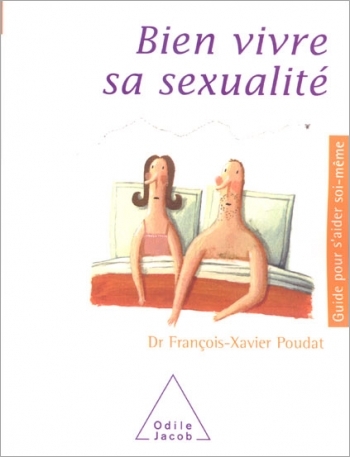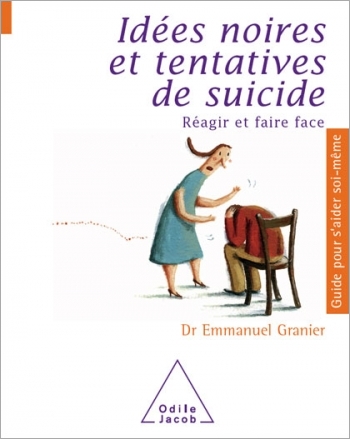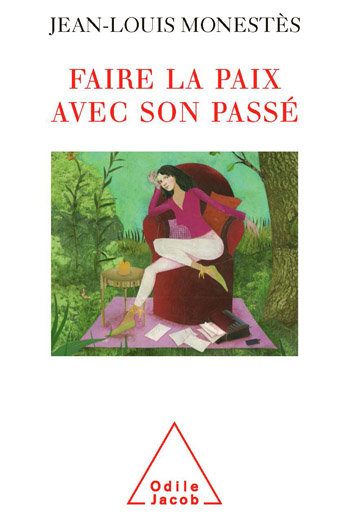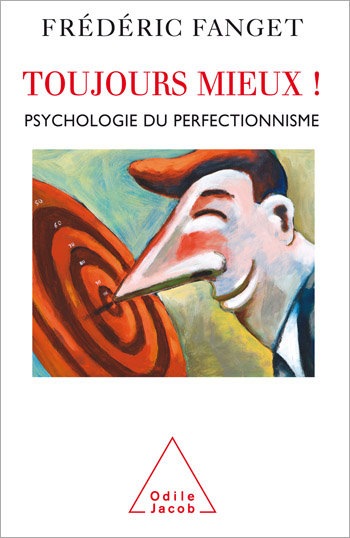General Psychology All books

Fatma Bouvet de la Maisonneuve
Women's choice
woman physician-psychiatrist appraises the condition of women in today’s society.
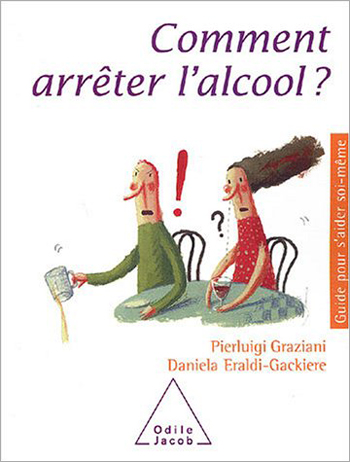
Pierluigi Graziani, Daniela Eraldi-Gackiere
How to Stop Abusing Alcohol
Not only does alcohol abuse have serious consequences for physical and psychic health, it is also destructive of personal and social relationships. But putting an end to this form of drug abuse is particularly complex, because alcohol creates a dependence that is both physical and psychological, and because it is, in many cultures, closely linked to sociability. In trying to help alcohol abusers who wish to stop drinking, one is often confronted with resistance and denial. The authors, specialists in cognitive and behavioural therapies, describe methods that have been successfully used for many years in the treatment of alcohol abuse in a hospital setting. Pierluigi Graziani is a psychologist and lecturer on clinical psychology and psychopathologies at the University of Aix-Marseille-Ain, in Aix-en-Provence. Daniela Eraldi-Gackière is a psychologist.
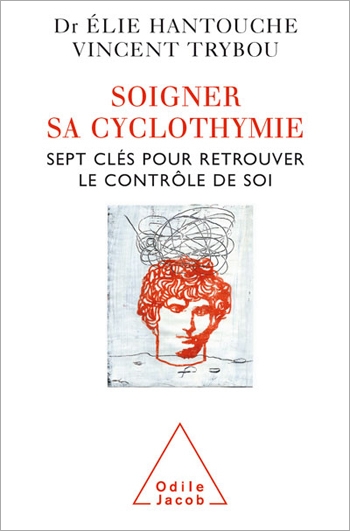
Élie Hantouche, Vincent Trybou
Treating Your Cyclothymia Seven Keys of Self-Mastery
This sensible, useful guidebook is illustrated with numerous examples; it includes self-evaluation tests, practical information, and exercises for daily use.
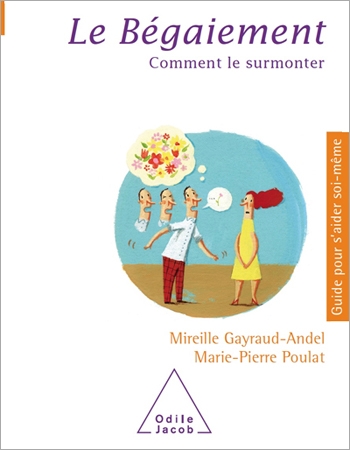
Mireille Gayraud-Andel , Marie-Pierre Poulat
Stuttering and How to Overcome It
This informative guide shows how to overcome stuttering and recover self-esteem.

